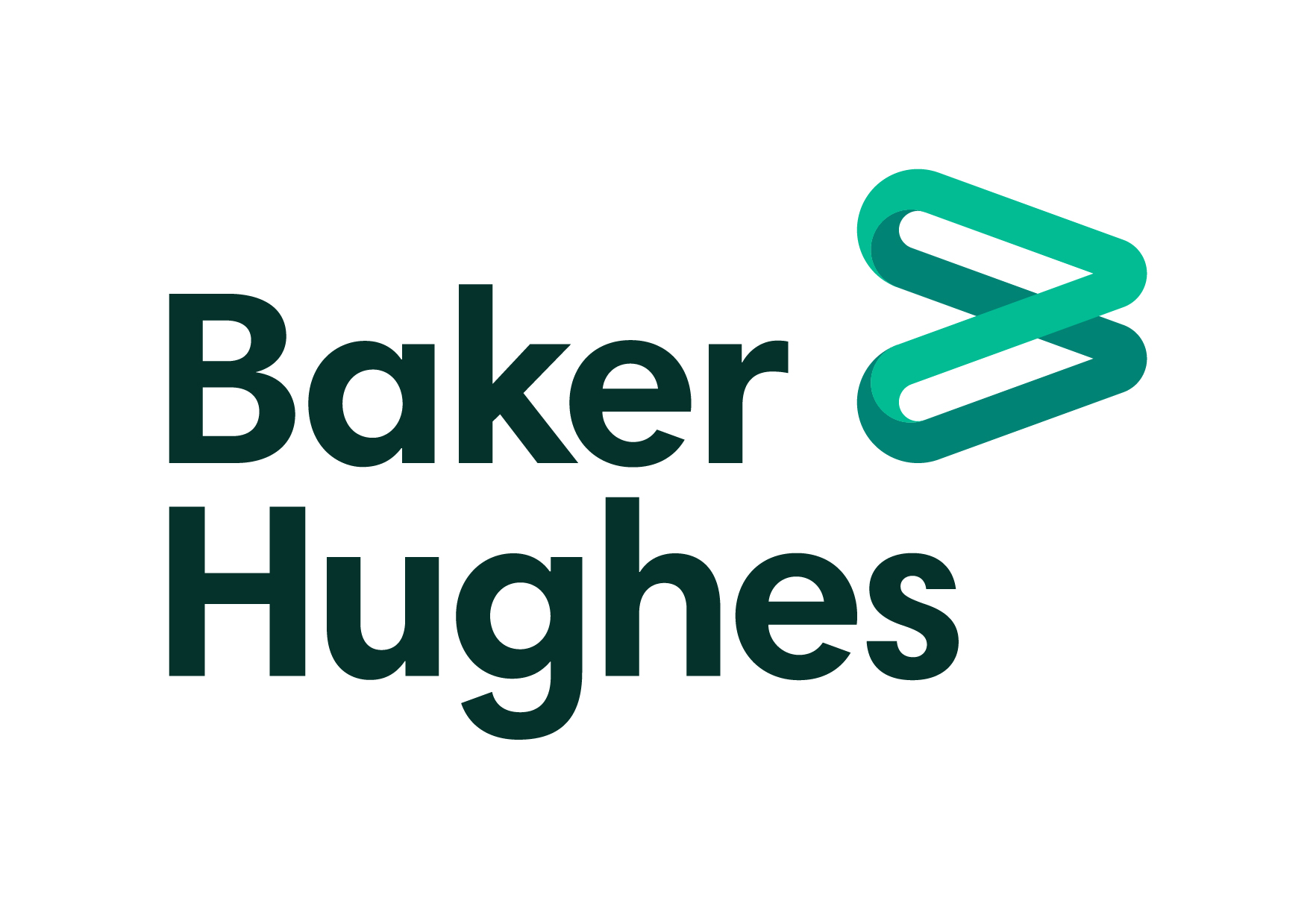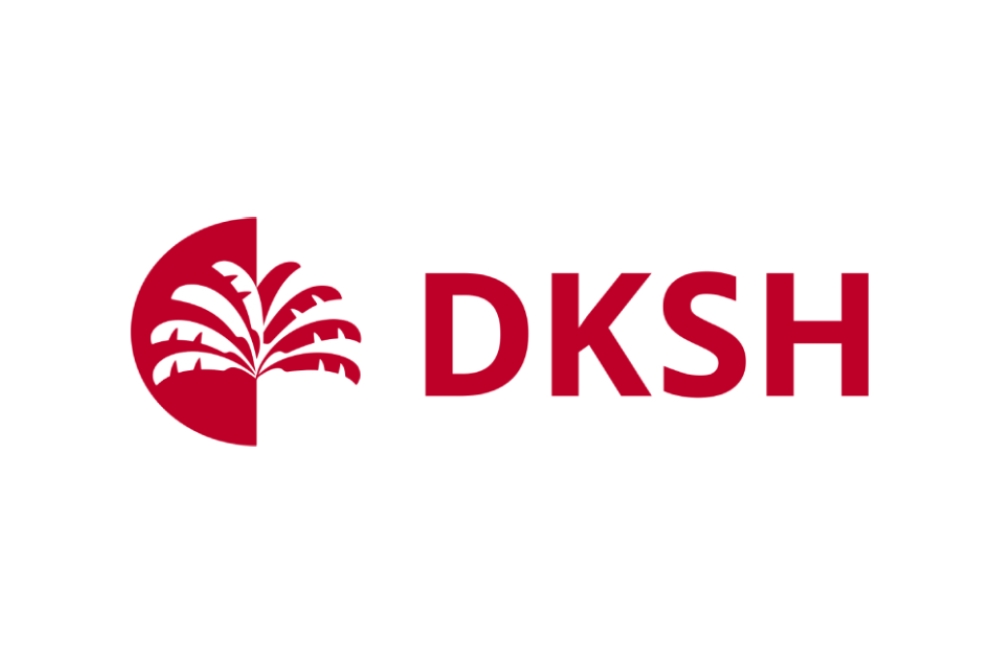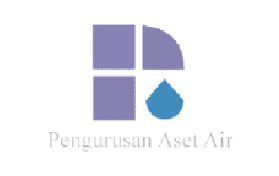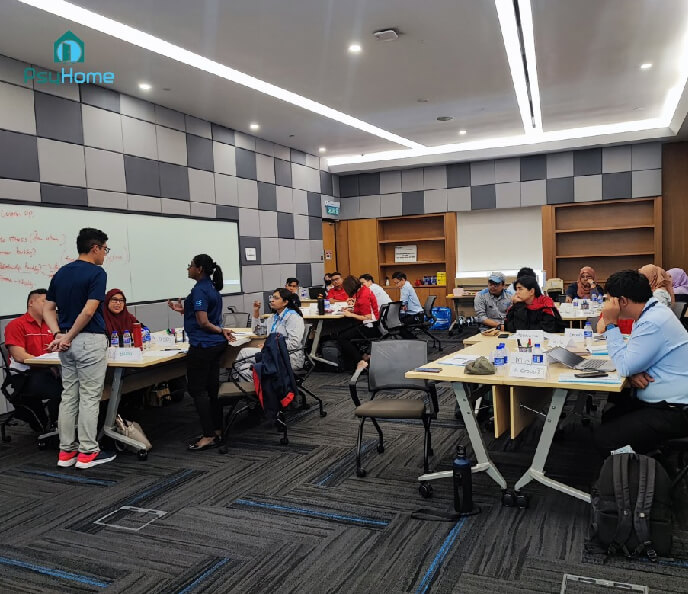
90+
PROFESSIONAL
SUCCESS PROJECT
// About Training
Leading Anxiety Management Training Provider in Malaysia
PsyHome is a top provider of anxiety management training courses in Malaysia. Our specialized anxiety management training programs are ranked among the best for effectively addressing workplace anxiety. In addition, we provide comprehensive employee stress management programs in Malaysia that are tailored to the needs of businesses. These programs are designed to enhance employee well-being, reduce stress, and improve overall productivity in the workplace.
// About Service
What We offer
// Service Package
Concerns Addressed by Our
Anxiety Management Training
// THE BENEFITS
Key Benefits Of
Anxiety Management Training
To Employers
Enhanced Creativity And Innovation
Employees who are less anxious and stressed are more likely to think creatively and develop innovative ideas. Anxiety management training can help employees manage stress and anxiety healthily, fostering a more positive and productive work environment.
Enhanced Decision-making
Anxiety can cloud judgment and make decision-making more challenging. By providing employees with the tools and strategies to manage anxiety, employers can help their staff make more evident and more effective decisions.
Increased Customer Satisfaction
Anxiety management training can help employees in customer-facing roles, such as sales representatives and customer service agents, stay calm and focused even in high-pressure situations. This can improve customer satisfaction and loyalty, benefiting the company’s bottom line.
// The Main Purpose
The Key Value Of Anxiety Management Training
For Employees
Enhanced Coping Skills
Our stress management program helps employees develop effective coping mechanisms, allowing them to handle workplace challenges and pressure more resiliently.
Employees are also empowered to face challenges with confidence.
Positive Work Environment
Anxiety management fosters a positive workplace culture where employees feel supported, improving morale and job satisfaction.
This also contributes to a reduction in absenteeism related to stress-related issues, promoting a healthier work environment.
Professional Development
Training programs may include elements of personal development, contributing to the professional growth and career advancement of employees.

Is your Training Program HRDC claimable?
Yes, it is HRDC fully claimble. From trainer fees, venue fees & transportation fees, all claimable under HRDC.
// ANXIETY MANAGEMENT TRAINING
How It Works
PsyHome offers anxiety management training programs to help individuals manage and reduce anxiety symptoms in the workplace. These programs typically include cognitive-behavioural therapy, relaxation techniques, and mindfulness-based therapies to help individuals build resilience and coping skills.
The training is usually conducted through workshops, individual or group counselling sessions, and training sessions focusing on developing skills to identify and manage anxiety triggers. By equipping individuals with these skills, they can manage stress and overcome possible obstacles, resulting in a more positive work culture and increased productivity.
// FAQ's
Frequently Asked Questions
Stress management programs for employees aim to help individuals effectively cope with and reduce workplace stress. Here are some common components of these programs:
- Education and Awareness: Providing information about the causes and effects of stress, as well as the importance of stress management, to increase awareness among employees.
- Stress Reduction Techniques: Teaching employees various stress reduction techniques, such as mindfulness meditation, deep breathing exercises, progressive muscle relaxation, and guided imagery.
- Time Management Skills: Offering training in time management techniques, prioritization strategies, and organizational skills to help employees better manage their workload and deadlines.
- Work-Life Balance: Promoting work-life balance by encouraging employees to set boundaries between work and personal life, take regular breaks, and engage in activities outside of work that they enjoy.
- Physical Activity and Wellness: Incorporating physical activity into the workplace, such as offering onsite fitness classes, walking meetings, or providing access to gym facilities. Additionally, promoting healthy lifestyle habits such as proper nutrition, hydration, and adequate sleep.
- Social Support Networks: Encouraging the formation of social support networks among employees through team-building activities, peer support groups, or employee assistance programs (EAPs).
- Coping Strategies: Providing resources and training in coping strategies to help employees deal with stressors more effectively, such as problem-solving skills, assertiveness training, and positive thinking techniques.
- Flexible Work Arrangements: Offering flexible work arrangements, such as telecommuting, flexible hours, or compressed workweeks, to accommodate employees' individual needs and preferences.
- Leadership Support and Training: Providing training for managers and supervisors on how to recognize signs of stress in their team members, promote a supportive work environment, and effectively address stress-related issues.
By implementing stress management programs for employees, organizations can support the well-being of their workforce, reduce absenteeism and turnover, and improve overall productivity and job satisfaction. It is also important to seek feedback from employees about the effectiveness of stress management programs and make adjustments as needed to better meet their needs and preferences.
// Clients' Feedback
What Client's Says?
Goh J.B.(Work-related stress)
Yang(Relationship issue)
Sathya, P.(Relationship issue)
Christian(Personal issue)
Nadhirah(Relationship issue)
Goh C. K.(Work-related stress)
Alex W.Y.(Future Confusion)
Kesavan K.(Weight management & Work Stress)
Wine(Personal Development)
Your NameWeb Developer
Your Name(Relationship issues)
// Our Client
Companies We Serve













